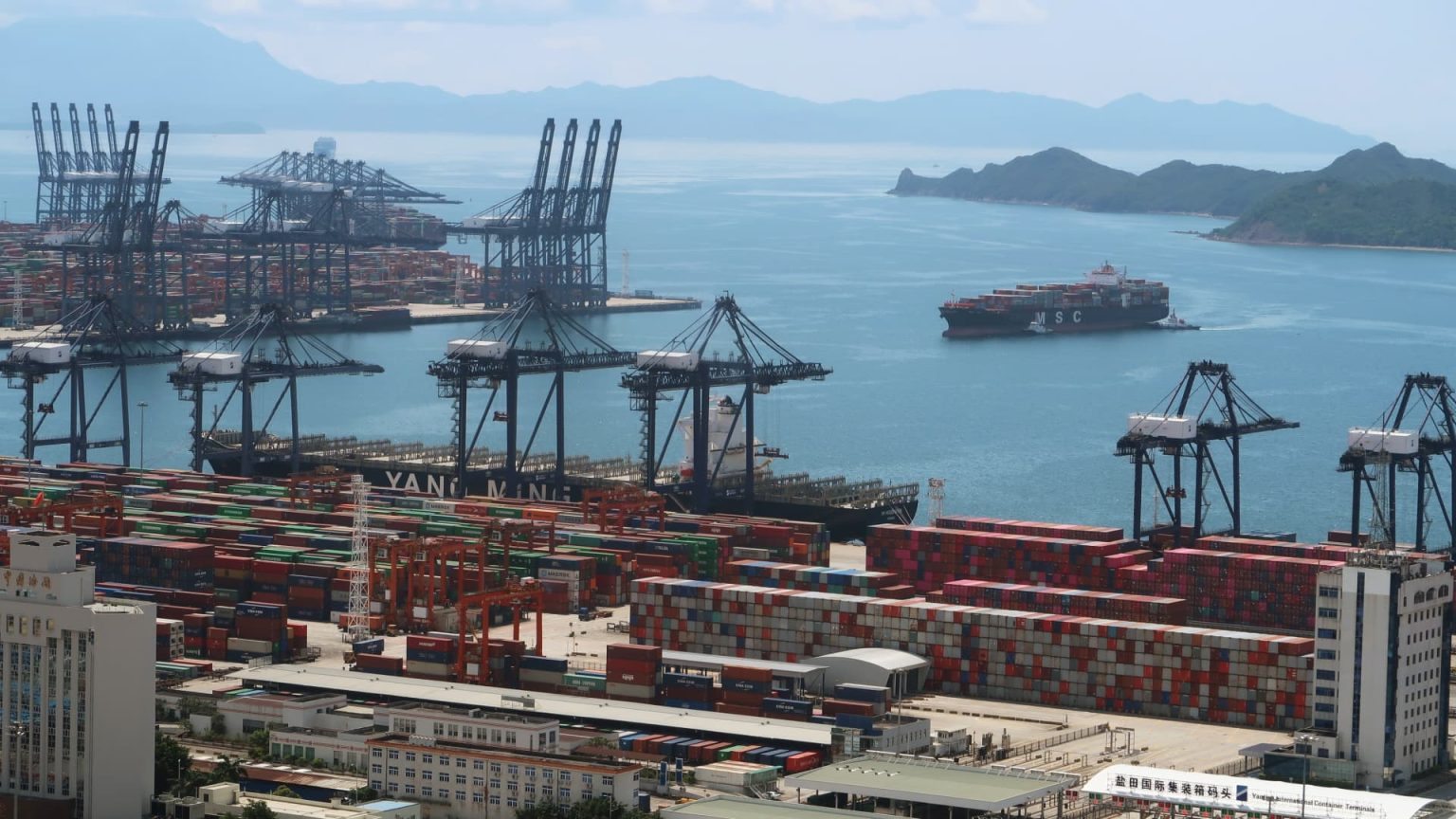In August, China’s exports saw a year-on-year increase of 8.7% in U.S. dollar terms, exceeding expectations of 6.5% growth. However, imports only grew by 0.5%, lower than the anticipated 2% increase. Exports to major trading partners such as the U.S., EU, and ASEAN all rose, with the EU showing the highest growth at 13%. Imports from the U.S. increased by 12%, while those from the EU decreased. China’s exports of cars, ship vessels, smartphones, and suitcases also saw significant growth in August.
On the other hand, China’s rare earths exports declined by 1% in August, with imports dropping by 12%. The country has implemented stricter oversight of its domestic rare earth industry and recently announced export controls on antimony due to national security concerns. Additionally, imports of crude oil fell by 7% in volume during the same month. In terms of Chinese yuan, year-to-date exports rose by 6.9% while imports increased by 4.7%.
Despite the positive performance in exports, concerns remain about China’s ability to stimulate domestic demand. Steve Brice, chief investment officer at Standard Chartered Wealth Management, highlighted the importance of imports in avoiding a deflationary cycle. He suggested that potential tariffs imposed by the Trump administration could impact Chinese stocks, which traded lower following the news. China is set to release retail sales, industrial production, and investment data for August soon.
In addition, China’s core consumer price index rose by 0.3% in August, the slowest growth since March 2021. This subdued inflation rate could further contribute to concerns about domestic demand. China’s increasing reliance on exports comes at a time when trade tensions with the U.S. and EU are escalating, leading to additional tariffs on Chinese products like electric cars. The overall impact of these trade tensions on China’s economy remains to be seen.
In summary, China’s export performance exceeded expectations in August, with significant growth in key sectors such as automobiles, electronic devices, and luggage. However, concerns about stimulating domestic demand and escalating trade tensions with major partners continue to loom over the economy. The impact of potential tariffs and stricter export controls on key minerals like rare earths further add to uncertainty surrounding China’s economic outlook.


